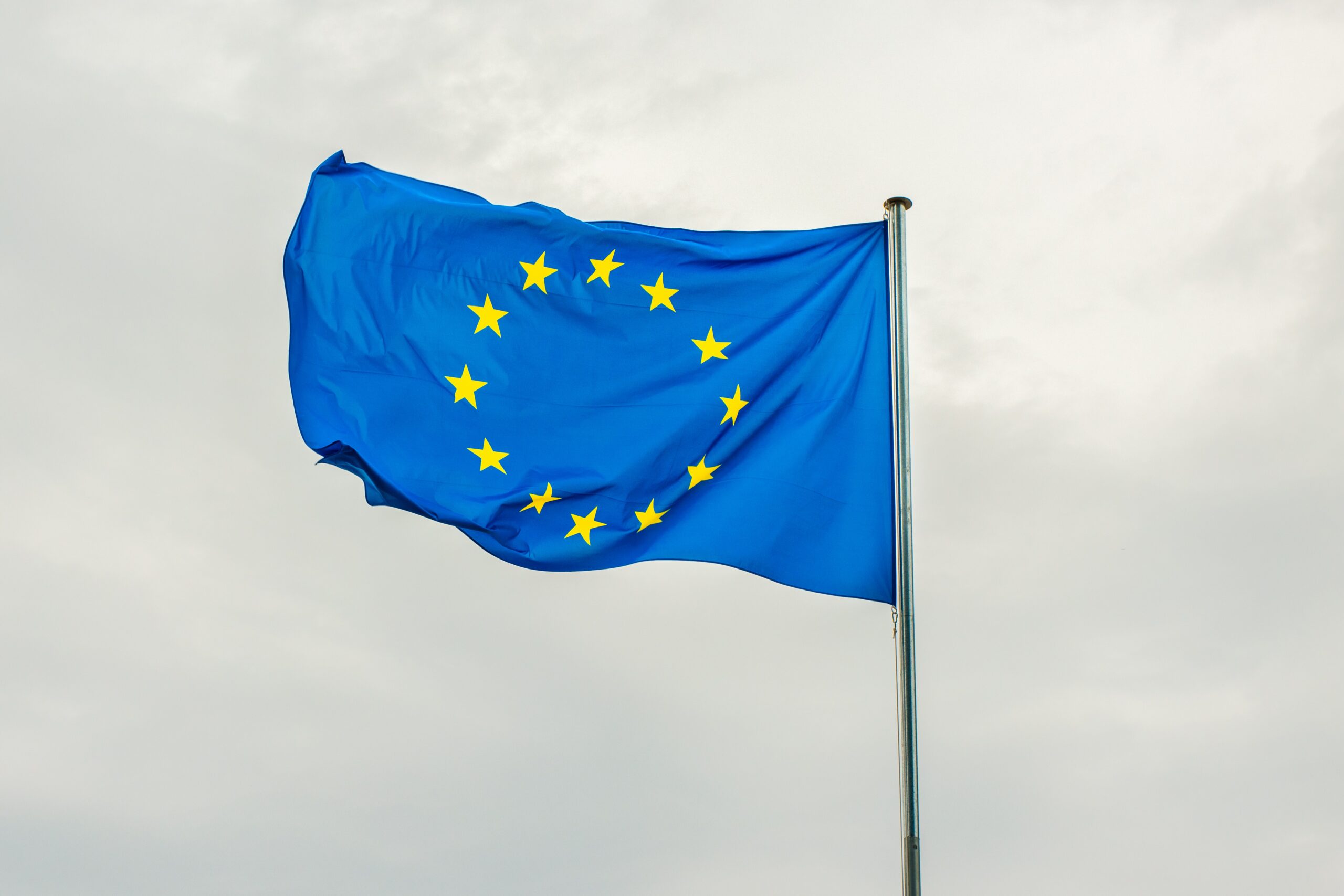What are the prospects for EU (European Union) Pharmaceutical Legislation?
Published 25th January 2023

In December 2022, the EU (European Union) Commission announced that following consultation, extensive review, and impact assessment a proposal for revisions to the Pharmaceutical Legislation will be put forward in the first quarter of 2023.
The EU Pharmaceutical Legislation consists of the main two acts; Directive 2001/83/EC as amended and Regulation 726/2004 with the supporting specific legislation for rare diseases Regulation 141/2000 and paediatrics Regulation 1901/2006.
Initiated by the lessons learned from the Covid-19 pandemic the European Commission presented a strategy in November 2020 which aims to:
- Ensure access to affordable medicines for patients and address areas of unmet needs such as antimicrobial resistance, cancer, and rare diseases
- Foster competitiveness, innovation, and sustainability in the pharmaceutical industry
- Enhance crisis preparedness and response mechanisms and addressing security in supply
- Creating a strong EU voice for promoting an elevated level of quality, safety, and efficacy standard
In the pharmaceutical strategy adopted in November 2020 the EU Commission announced that launch a roadmap for the review of the pharmaceutical legislation. This review aimed to assess how the current legislation continues meets the advancements in technology and its ability to effectively implement global development. It loots to access the ability of legislation to complement other legislation including medical devices health data and the environmental impact of pharmaceutical substance through the EU Green Deal.
Following the first impact assessment published in March 2021 a public consultation was conducted ending in December 2021. Overall, there were 478 contributors.
Analysis of the consultation generated six themes:
- Facilitate legislation of production and supply of radiopharmaceuticals
- Optimise wholesale licencing to address medicine shortages
- Create a legal framework for protection of IP
- Incentives for drug re-purposing
- Application of real-world evidence to promote
- Introduce microbiome science to legislation
In November 2021, the ENVI presented the recommendations for changes to the pharmaceutical legislation to European Parliament which highlighted the need for affordability and availability of medicines, pricing transparency, and investment in research. As a result, European Parliament adopted a resolution on the Pharmaceutical Strategy for Europe encompasses many initiatives to consider for the objectives set in November 2020. There are many key considerations which could affect changes in the pharmaceutical legislation such as:
- 1. Research and Development
- Assessment of the incentives for development of new medicines, in particular incentives for first in child developments, rare diseases, neurogenerative and mental illness and antimicrobial resistance
- 2. Orphan and Paediatric medicines
- Simplify, streamline, and adapt regulatory procedures for rare diseases and medicines for children
- 3. Radiopharmaceuticals
- Adopt a regulatory framework that gears radiological and nuclear technologies as therapeutics and not only diagnostics
- 4. Generics and Biosimilars
- Strategies to promote research and production of generics, biosimilars and protocols for allowing interchangeability and to increase a clinicians’ freedom in prescribing
- 5. Access to medicines
- Drug repurposing framework to support the use of existing drugs in new indications to promote the development
- Review legislation to consider options to guarantee access for centrally approved medicines for all member states
- 6. Addressing medicine shortage
- Investigating the root cause of delays to market of medicines across European member states with variation in the time between medicine approval and delivery to patient and propose to improve the regulatory process to reduce delay for market entry
- Reducing medicine approval times, limiting the time for market access
- In addition, there is a proposal for the commission to develop a centralised digital platform for an early warning system for medicines shortages
- 7. Marketing Authorisation framework
- Extension of the rolling review initiative for Covid-19 treatments to other emergency treatments
- Develop and implement electronic product information for all medicines
- Reassess the conditional marketing authorisation with a potential to reduce the timeline for final evaluation to be reduced to 3 years
- Evaluate the PRIME (Priority medicines) scheme and accelerated assessment to address medicines for urgent public health threat and unmet need and consider the misuse of accelerated schemes where sufficient evidence for a marketing authorisation is lacking
- 8. Environmental impact
- Support development of medicines equally effective but intrinsically less harmful for the environment
- Strengthen environmental risk assessments requirements
- Ensure quality environmental standards for imported active ingredients
The potential changes to the legislation are yet to be published but proposals are expected over the next 3 months. Nevertheless, any legislative changes will need to go through legislative process before being accepted and include a subsequent implementation period so its impact still may be several years away. However, awareness of any potential legislative changes to forecast the development strategy will be important input in the planning tool.
DLRC will be awaiting the draft proposals for the revised general pharmaceutical legislation to assess the impact and forecast the adaption in regulatory strategy to advance developments for clients.
References:
Impact assessment April 2021
Consultation on the revision of the EU general Pharmaceutical Sept 2021 – Dec 2021
Pharmaceutical Strategy for Europe 24 November 2021
Revision of the pharmaceutical legislation 2 December 2022
Summary of the Pharmaceutical Strategy for Europe December 2022